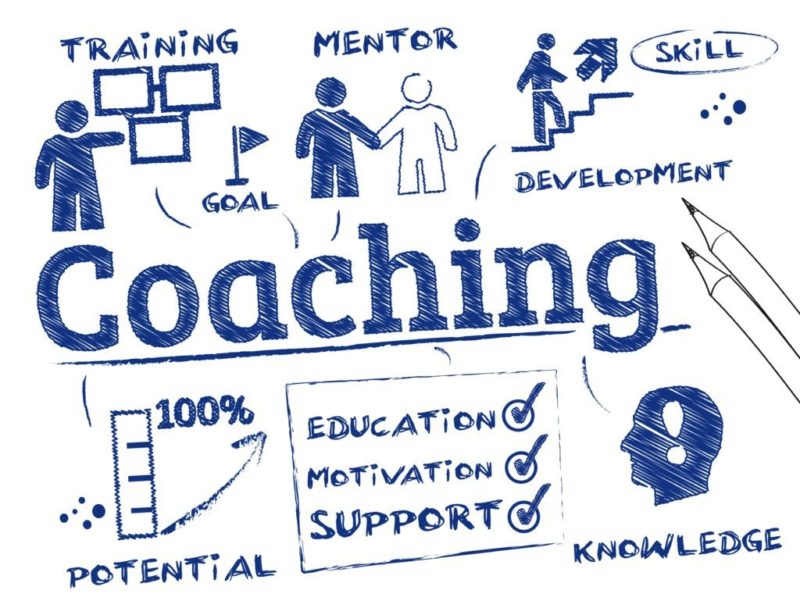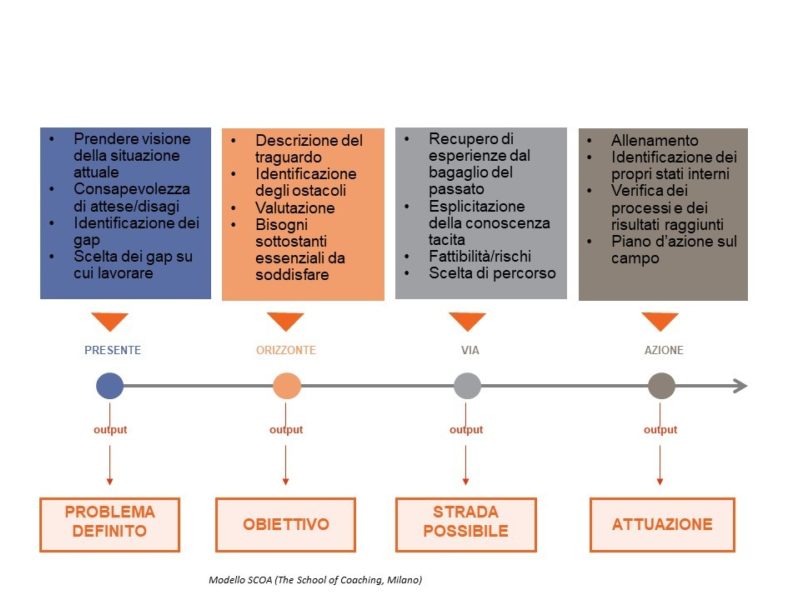I’m a manager that believes in teamwork
If you want to go fast, go alone. If you want to go far, go together.
– African proverb
Organisation of work is essential
Despite the increasingly fragmentary nature of the global economy and the unstable and disjointed labour market, companies continue to produce wealth, employment, innovation as well as benefits for individuals and our society at large.
In companies, the role of managers is not just technical or managerial - they also need to organise resources, particularly people. People need to be taught, trained and nurtured …
That’s a big responsibility because of the impact on individuals, companies and society.
Sometimes a manager will be inspired by people they worked under in the past, or teachers or professors they had at school or university, or even their parents.
But this will not always be sufficient for providing a solid basis for a managerial career.
 Executive Coaching for managers
Executive Coaching for managers What can be done?
A classroom environment or online courses won’t always be the most effective solution. What could be better than a coach for helping an individual to identify the right behaviour to adopt in a company, organisation or team?
The coach can come from within the company itself, but the preferred option nowadays is to use an external certified professional to work with one person at a time (or a small team) and help them improve on issues such as: decision-making, accountability, independence, effective interpersonal skills, conflict resolution …
So?
In coaching there are globally recognised methodologies. Executive coaching focuses on developing behaviour that is consistent with a company’s mission in accordance with the vision and values of the organisation. Below is a step-by-step summary of how this is done:

present: firstly, we need to identify the situations that need to be focused on and improved
goals: i.e. that which needs to be achieved in terms of actual behaviour
path: the procedures to be adopted for moving towards goals and concrete situations in which to engage in the new behaviour?
action: the final step involves concrete actions – otherwise it’s not coaching – and an appraisal of how successful these are in order to develop a blueprint for the future.
What is required for a successful outcome in all these activities?
A director, a trainer, a coach, a senior… Aside from words and titles: someone who knows how to do things and can make recommendations and help you along the way, without replacing you.
This process doesn’t just involve conversations: it will require templates, examples, tests, interviews and, all throughout, the coach will provide his/her varied and extensive experience.

 Coaching in companies
Coaching in companies